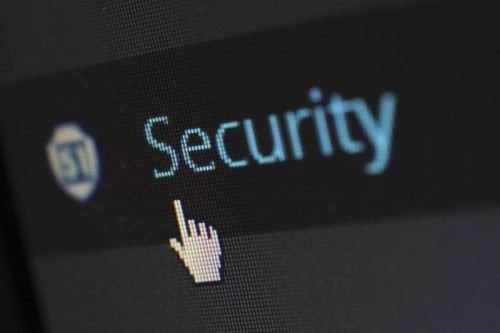6 Cybersecurity Steps to Keeping your Business Safe Online
Read Time: 3.5 minutes
Safer Internet Day (#SID2018) is fast approaching (6th Feb) so we thought it would be a great time to discuss cybersecurity and the importance of keeping your business safe online. In 2017 we were hit by the NHS cyber attack and ‘Russian hacking’; even Apple suffered a major security flaw that allowed full access to Macs without a password. Despite this, over 87% of small businesses do not think they are at risk of hacks and many have not taken the necessary, simple steps to protect themselves online. In reality, approximately half of small businesses experience a cyber-attack during a 12 month period; roughly 50% of which go out of business in the following 6-month period.What is cybersecurity?
Cybersecurity is about protecting your digital assets, computer-based equipment, and information from unintended or unauthorised access, change, or destruction. Much of business now takes place online, where advertising, social media marketing, digital management and e-commerce are commonplace. Technology offers huge opportunities and benefits to business, yet without appropriate cyber risk management and data security, your money, your employees, and your clients are left at risk.What is a cyber attack?
A cyber attack is an attempt by hackers to damage or destroy a computer network or system. This can be done through remote hacking into your IT or third-party systems such as your company bank account. Other crucial attack points include gaining information through staff or unauthorised access to company devices. The impact of such attacks ranges from theft of financial information and disruption of trading to damaging your business’s reputation and customer base. All ultimately lead to financial loss and potential long-term negative effects.How can I keep my business safe online?
- Cybersecurity training
- Provide policy!
- Password protect
- Secure your devices
- Encrypt and backup data
- Regularly review




